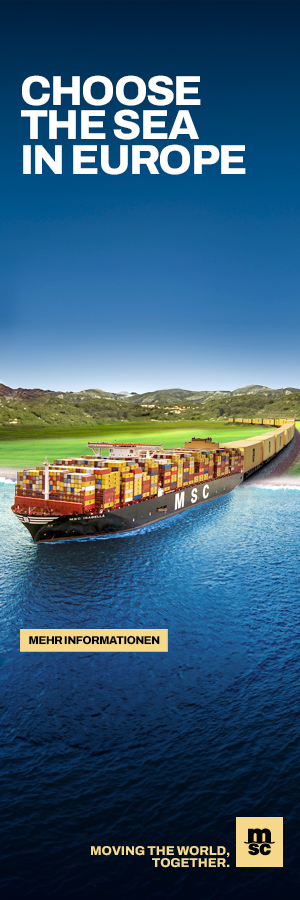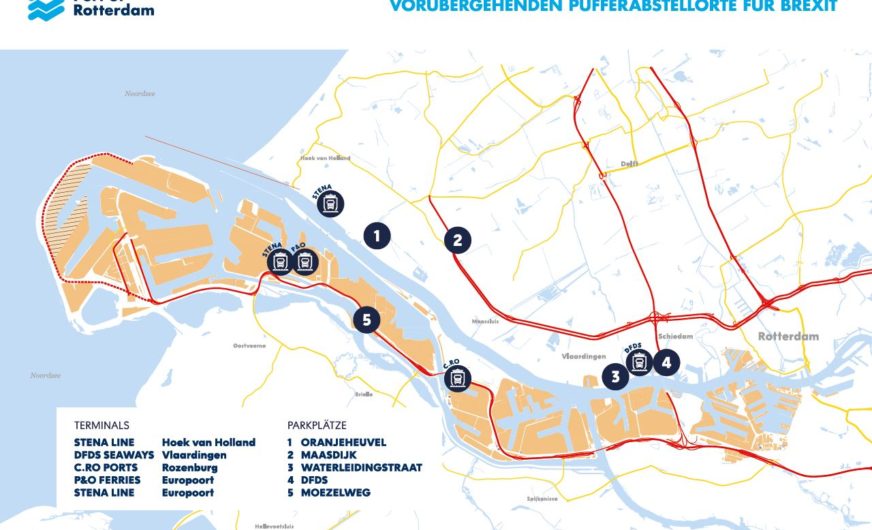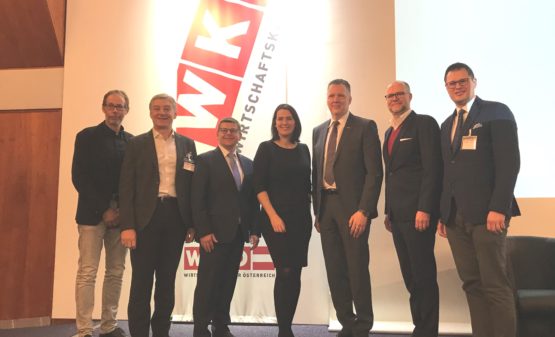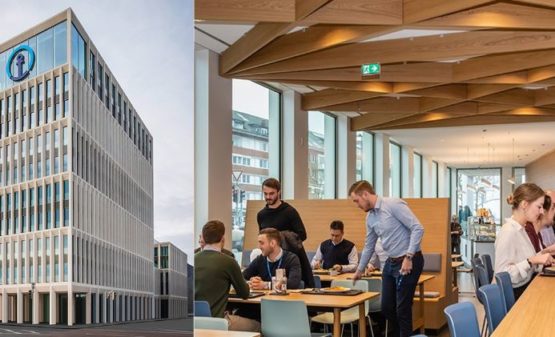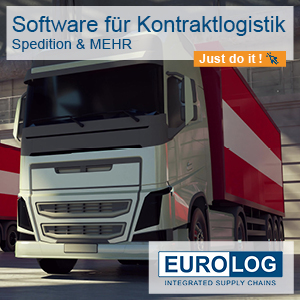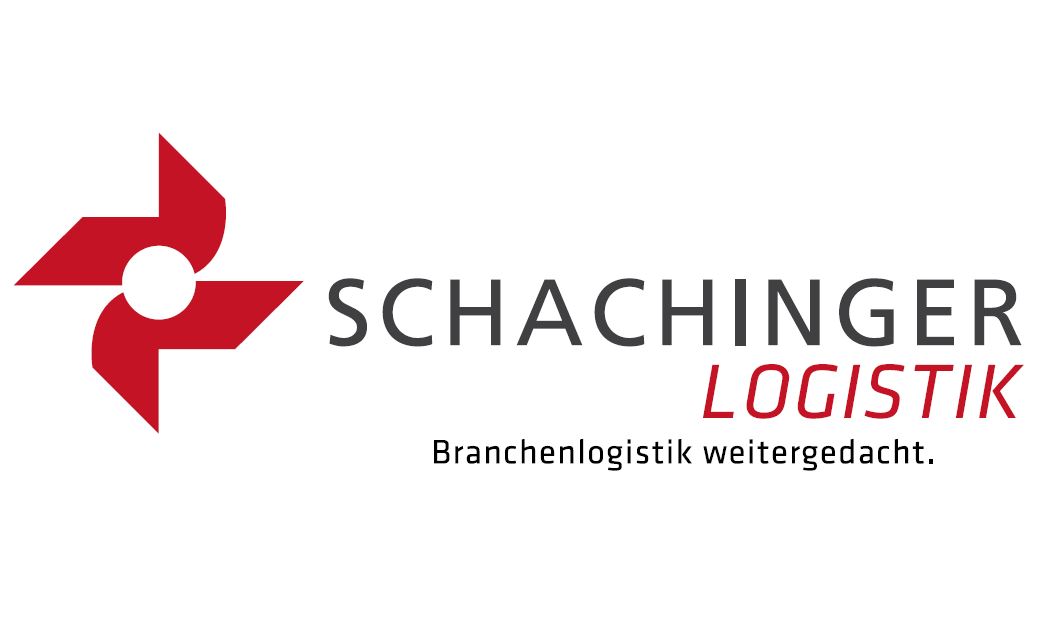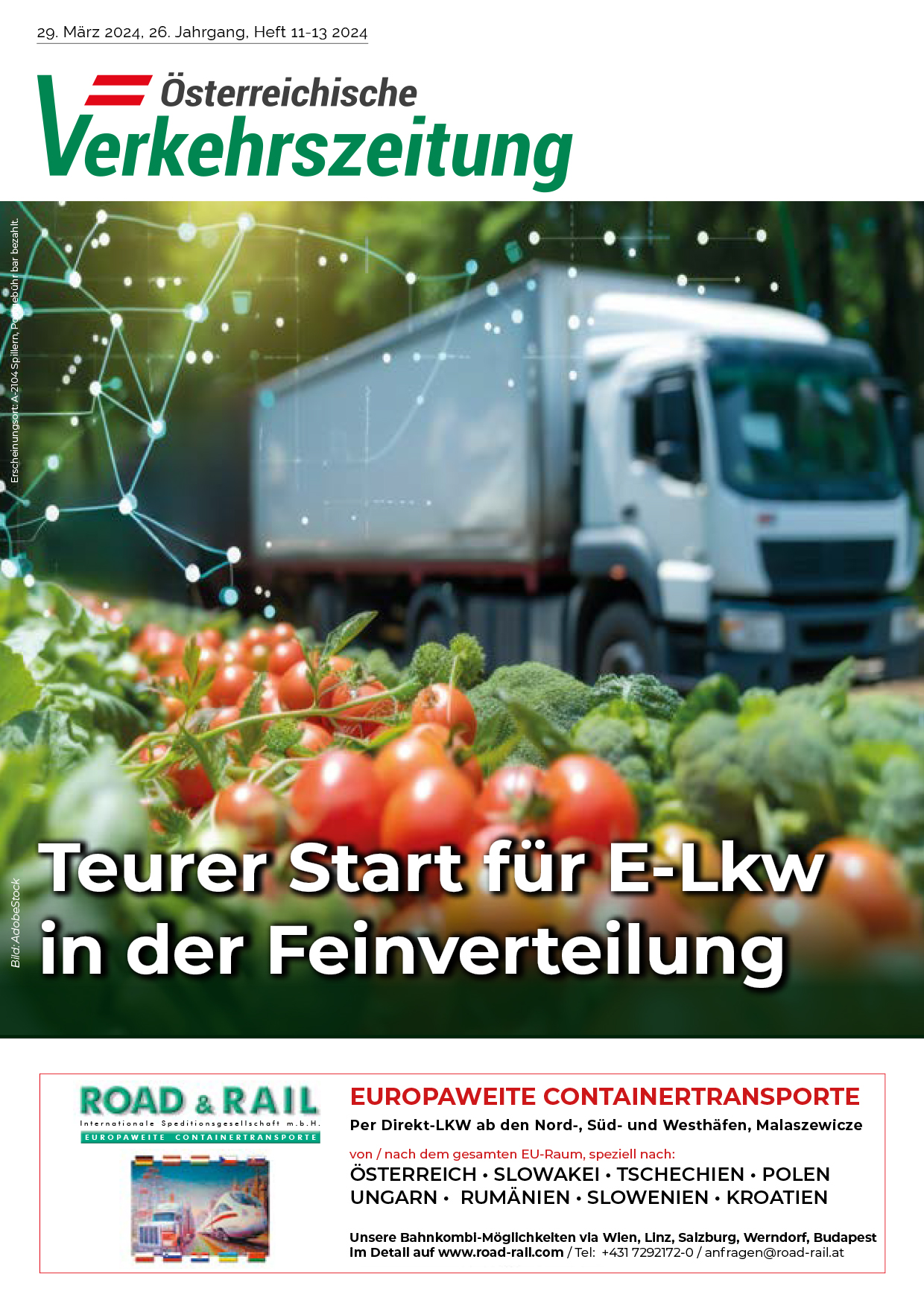Together with all partners such as the customs authorities, the Port of Rotterdam, the Port of Amsterdam, Portbase and the participating cities and municipalities, intensive preparation for a possible no-deal Brexit on October 31, 2019 is again being worked on.
The aim of the concerted action is to minimize the stay at the Ferry terminals in Rotterdam and Vlaardingen as a result of additional customs formalities. For this purpose, traffic flow plans will be drawn up and truck parking facilities will be set up, whose transport documents will not comply with the new customs legislation once the United Kingdom leaves the European Union.
Exporters and importers must agree on who will digitally pre-register their cargo to and from the UK in advance via Portbase. Companies can do this themselves or hand over to partner companies – such as freight forwarders, customs agencies or transport companies. All Ferry Terminals and the majority of Shortsea Terminals make this commitment.
For trucks whose documents are not in order, buffers will be set up again in the coming weeks. At these temporary parking spaces, drivers can contact their client or transportation dispatcher to arrange the required forms and applications. These temporary buffer locations are listed on the attached map.
Should this additional capacity unexpectedly turn out to be inadequate, the parties will have additional access areas up their sleeves. In addition, Rijkswaterstaat, in consultation with all parties, has created traffic flow plans to ensure good flow.
For each terminal and each environment, a traffic plan has been prepared with measures that limit the potential obstruction caused by trucks. The purpose of this traffic plan is to prevent the local and regional traffic flow from stalling.
Rijkswaterstaat, (the Dutch Department of Public Works and Water Management), the Port of Rotterdam, the cities of Rotterdam, Vlaardingen, Velsen and the province of South Holland set up a total of six buffer locations. All these temporary stations are equipped with a fence, lighting, sanitary facilities and surveillance.

